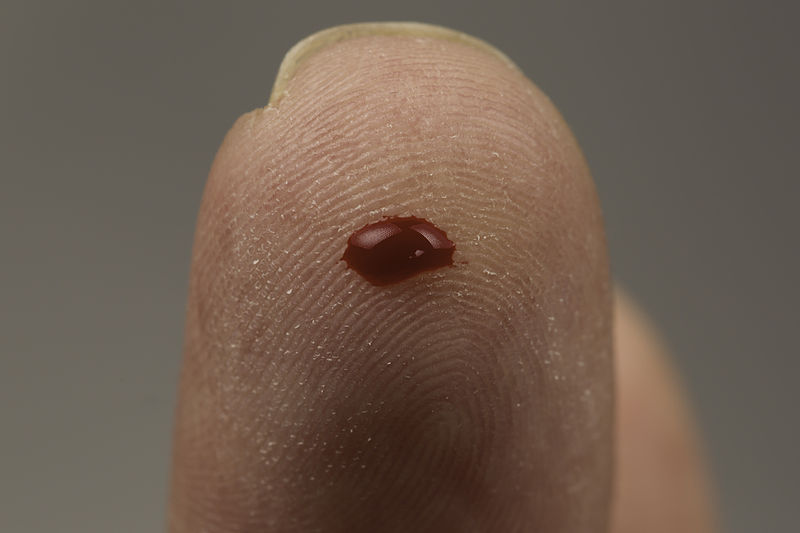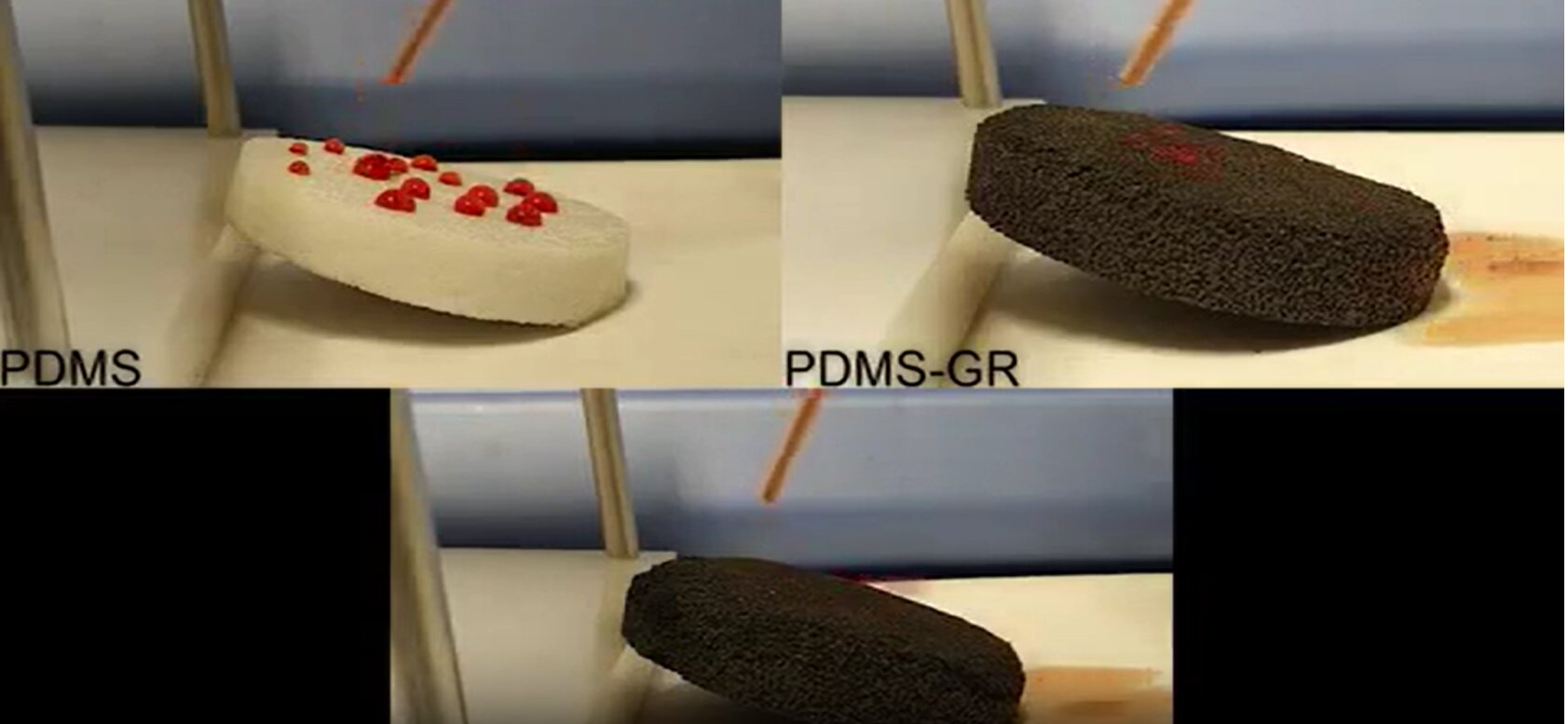According to WHO, more than 10 million people worldwide are living with Parkinson’s disease. But unfortunately, currently, there is no “one way” to diagnose Parkinson’s disease. Doctors diagnose Parkinson’s disease on the basis of various symptoms, medical history, and diagnostic tests. Therefore, early detection is vital to stop its progression.
Now, in a breakthrough, scientists designed the blood tests to detect Parkinson’s disease!
The study was conducted by researchers at Kobe University and Hiroshima University. The researchers successfully developed a biomarker for a rapid and inexpensive diagnosis of Parkinson’s disease from blood serum samples.
The scientists conducted experiments on blood samples from human patients and rodents, relying on a chemical reaction that involves the oxidation of a fluorescent substrate. The differing rate of oxidation enabled them to distinguish healthy patients from diseased patients.
The team reported the test results had an accuracy of 85 to 88 percent
This cheap and easy way to screen for the disease in its early stages may perhaps lead to new treatments for Parkinson’s disease tomorrow.
These research results were published in Springer Nature’s open journal ‘Scientific Reports’ on April 22, 2022.







